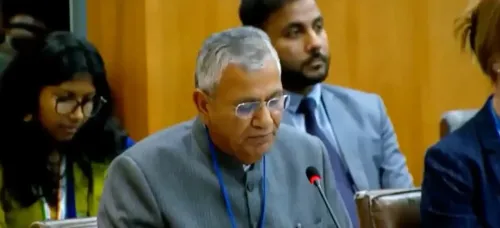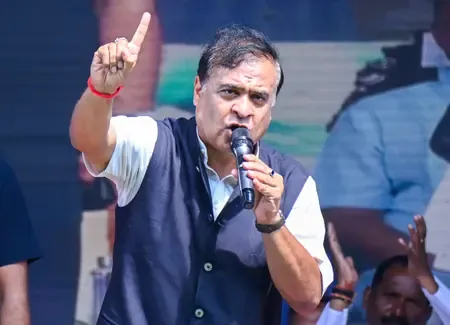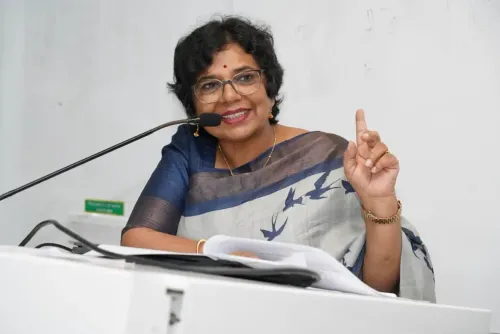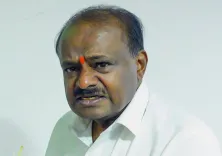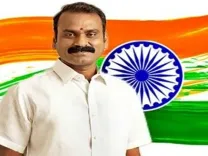How Does Democracy Evolve as a Culture of Dialogue?
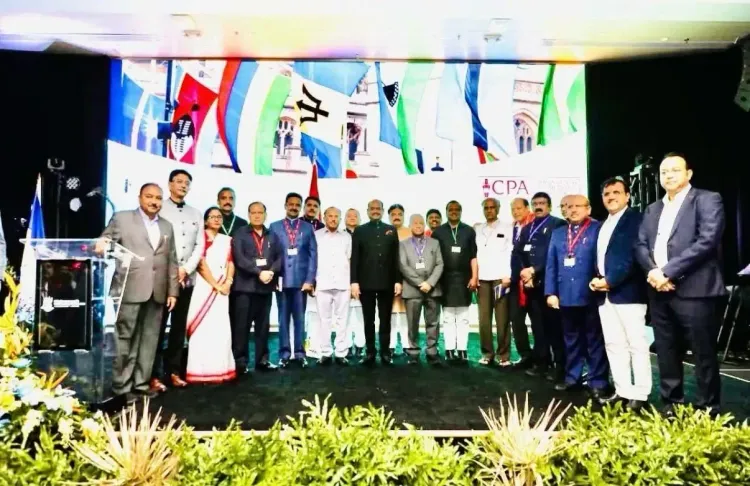
Synopsis
Key Takeaways
- Democracy thrives on inclusive representation.
- Institutional resilience is key to public trust.
- Recent reforms enhance transparency and accessibility.
- Women’s representation is crucial for participatory democracy.
- Accountability in governance strengthens democracy.
New Delhi, Oct 9 (NationPress) Delhi Assembly Speaker Vijender Gupta stated on Thursday that the essence of democracy is truly realized when every voice—regardless of gender, region, or class—is afforded a fair opportunity in decision-making.
Participating in a workshop at the 68th Commonwealth Parliamentary Conference (CPC) in Bridgetown, Barbados, Gupta shared insights on the theme ‘Strengthening Our Institutions to Support Democracy’, emphasizing the need to bolster democratic institutions, foster inclusive governance, and enhance the moral foundations of constitutionalism throughout the Commonwealth.
The conference is set to conclude on October 12.
Gupta stressed that democracy, in its purest form, should progress beyond mere electoral representation into a culture of equality, accountability, and civic participation.
He pointed out that the resilience of institutions and ethical governance are vital for maintaining public trust in democracy.
“The vitality of a democracy,” he remarked, “is not measured by how often elections are held but by the integrity of its institutions, the inclusivity of its representation, and the moral compass of its leaders.”
Reflecting on India's democratic journey, Gupta highlighted that the quest for inclusive representation in the country began with the 73rd and 74th Constitutional Amendments of 1993, which established Panchayati Raj and municipal governance, allocating one-third of all seats for women in local administrations.
This pivotal change, he noted, brought more than 1.4 million women into active public life, transforming grassroots democracy.
Extending this vision to higher legislative bodies, Gupta mentioned the recently passed Constitution (One Hundred and Twenty-Eighth Amendment) Bill, 2023, which reserves one-third of all seats in the Lok Sabha and State Legislative Assemblies for women, including those allocated for Scheduled Castes and Scheduled Tribes.
He described this as a “moral and constitutional milestone in achieving gender justice and participatory democracy,” ensuring that governance reflects the ambitions and agency of every societal segment.
The Speaker pointed out various electoral and institutional reforms in India over the last decade that have enhanced transparency, accessibility, and public confidence in governance.
He noted the extension of voting rights to Non-Resident Indians (NRIs), the introduction of online voter registration, the addition of the ‘None of the Above’ (NOTA) option in Electronic Voting Machines, and the implementation of the Voter Verifiable Paper Audit Trail (VVPAT) system—all contributing to making elections more inclusive, transparent, and credible.
Gupta also referred to the Supreme Court’s landmark rulings that annulled Section 8(4) of the Representation of the People Act, 1951—mandating the immediate disqualification of convicted legislators—and allowed under-trial prisoners to contest elections, both of which have reinforced accountability in public life.

